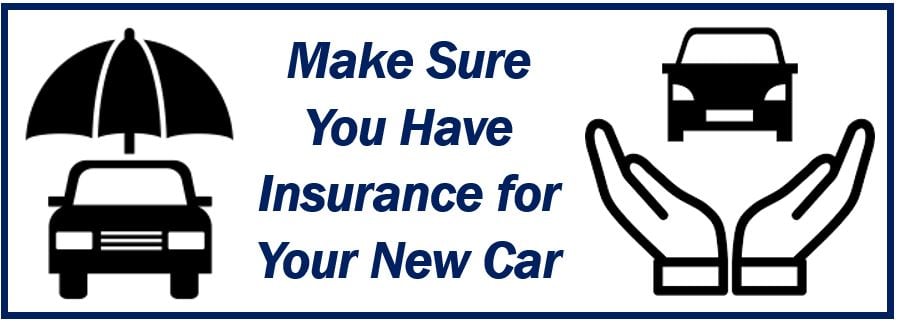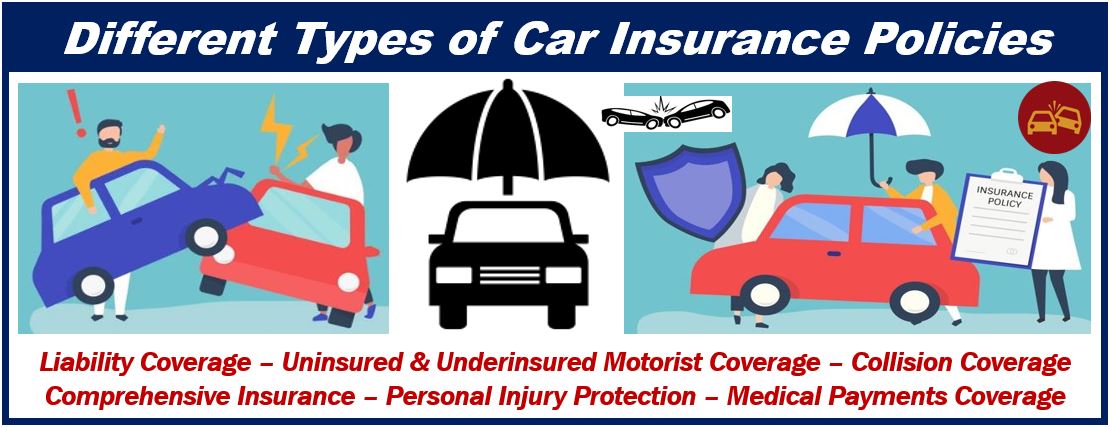Car insurance is a contract between a vehicle owner and an insurer (insurance company). We also use the terms vehicle insurance, motor insurance, and auto insurance with the same meaning. The insurer protects the car owner against financial loss if the vehicle is stolen. It also protects against both financial loss and bodily injury if there is an accident.

The insured is also protected against liability if there is damage to another car or a third party is physically injured. In this context, the insured refers to the person who takes out an insurance policy. If I have a car insurance policy, I am the insured.
Car insurance also covers you against other types of damage or loss. For example, the insurance company will pay for any damage or loss resulting from a severe weather event such as a hurricane or flood. Most policies also protect against damage caused by vandalism.

Is car insurance compulsory?
In most countries, you are not allowed to drive a car on a public road if it is not insured. What type of cover you need to have in the United States varies from state to state.
In the United Kingdom, car owners by law must have at least third party and personal injury insurance. This means that if you crash into another car, you are covered for any damage to that other vehicle and personal injuries suffered by drivers, passengers, and pedestrians.
Types of auto insurance policies
There are several different types of motor insurance coverage that help protect drivers, passengers, pedestrians, and vehicles. Let’s have a look at the six most common types in the United States:
1. Liability Coverage
This covers bodily injury and property damage liability.
2. Uninsured and Underinsured Motorist Coverage
This covers you if the accident is the other driver’s fault and they don’t have insurance or their cover is low.
3. Collision Coverage
If you crash into another vehicle, your policy will pay for the repairs (or replacement) of the other car. This policy also covers you if you crash into, for example, a shop front, gate, or fence. The insurance company pays the total amount minus your deductible.
4. Comprehensive Insurance
As the name suggests, this type of policy is the most far-reaching. Most comprehensive insurance policies have a deductible, which is the amount the insured person pays out of pocket before the insurer takes over. If my repair bill after an accident is $5,000 and my deductible is $300, the insurer pays $4,700 and I pay $300.
5. Medical Payments Coverage
The insurer pays the medical bills of the owner, passengers, and anybody else who drives the vehicle, such as family members. Some policies may also cover expenses associated with personal injuries.
6. Personal Injury Protection
PIP (personal injury protection) pays for post-accident medical expenses. Most policies also cover such expenses as childcare and loss of income. Check the small print on any personal injury policy before commiting yourself.
